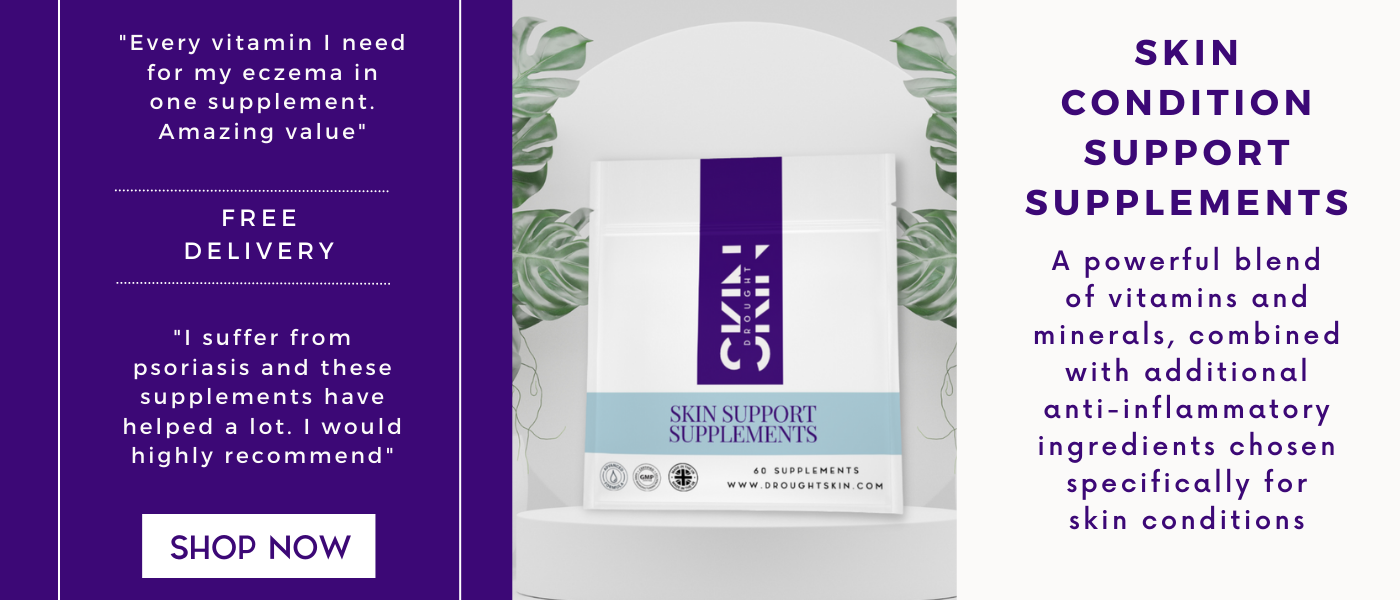Understanding Gut Health and Acne
The health of your gut can have a significant impact on the appearance of your skin, particularly when it comes to acne. The gut-skin connection is a well-established concept in the medical community. The health of your gut can have a direct impact on the health of your skin. The gut-brain-skin connection is a complex relationship that involves the communication between your gut microbiome, your brain, and your skin. In this post, we'll explore how this connection works and what you can do to improve your gut health and reduce acne.
The Basics of Gut Health and the Microbiome
The gut microbiome is a collection of trillions of microorganisms that live in your digestive tract. These microorganisms play a crucial role in maintaining your overall health, including your immune system, metabolism, and even your mood. A healthy gut microbiome is diverse, with a balance of beneficial bacteria and other microorganisms. However, factors such as a poor diet, stress, and antibiotic use can disrupt this balance and lead to gut dysbiosis, which can contribute to skin issues like acne.
How Gut Health Affects the Immune System and Inflammation
The gut microbiome plays a crucial role in regulating the immune system and inflammation throughout the body. When the gut microbiome is imbalanced, it can lead to chronic inflammation, which can contribute to a variety of health issues, including acne. The gut microbiome also communicates with the immune system, helping to regulate its response to potential threats. When the gut microbiome is disrupted, it can lead to an overactive immune response, which can also contribute to inflammation and skin issues.
The Connection between Stress and Gut Health
Stress can have a significant impact on gut health, which in turn can affect the skin. When we experience stress, our body releases hormones like cortisol, which can disrupt the balance of bacteria in the gut. This can lead to inflammation and a weakened immune system, making us more susceptible to skin issues like acne. Stress can also lead to poor dietary choices and habits, which can worsen gut and skin issues. It’s important to manage stress through practices like meditation, exercise, and self-care to support overall health and well-being.
The Role of Diet in Gut Health and Acne
Diet plays a crucial role in both gut health and acne. Consuming a diet high in processed foods, sugar, and unhealthy fats can disrupt the balance of bacteria in the gut and lead to inflammation. This inflammation can then manifest on the skin as acne. On the other hand, a diet rich in whole, nutrient-dense foods like fruits, vegetables, and healthy fats can support gut health and promote clear, healthy skin. It’s important to pay attention to how your diet affects your gut and skin and make adjustments as needed to support overall health.
An anti-inflammatory diet is rich in fruits, vegetables, whole grains, and healthy fats. It can help reduce inflammation in the body, including the skin. Studies have shown that following an anti-inflammatory diet can help reduce the severity of acne and improve skin health. Drinking plenty of water is essential for maintaining good gut health and can also help improve skin health. Aim to drink at least 8 glasses of water a day to keep your gut and skin hydrated and healthy.
Triggers for Poor Gut Health and Acne
Certain foods can trigger acne in some people. These include dairy, sugar, and processed foods. If you notice that certain foods seem to worsen your acne, try avoiding them and see if your skin improves. Understanding the triggers for poor gut health and acne is crucial in implementing effective strategies for prevention.
Supplements for Gut Health and Acne
Probiotics are live bacteria and yeasts that are good for your health, especially your digestive system. They can help restore the balance of bacteria in your gut and improve your overall gut health. Studies have shown that taking probiotics can help reduce the severity of acne and improve skin health.
Prebiotics are a type of fibre that feeds the good bacteria in your gut. They are found in foods such as garlic, onions, bananas, and asparagus. Consuming prebiotics can help promote the growth of beneficial bacteria in your gut, which can improve your overall gut health and reduce the risk of acne.
Natural remedies and lifestyle changes to improve Gut Health and Reduce Acne
There are several natural remedies and lifestyle changes that can improve gut health and reduce acne. Eating a diet rich in whole, nutrient-dense foods like fruits, vegetables, and healthy fats can support gut health and promote clear, healthy skin. Probiotics and prebiotics can also be beneficial for gut health, as they help to balance the bacteria in the gut. Reducing stress through practices like meditation, yoga, or exercise can also improve gut health and reduce acne. Avoiding harsh skincare products and opting for gentle, natural alternatives can also support healthy skin.



